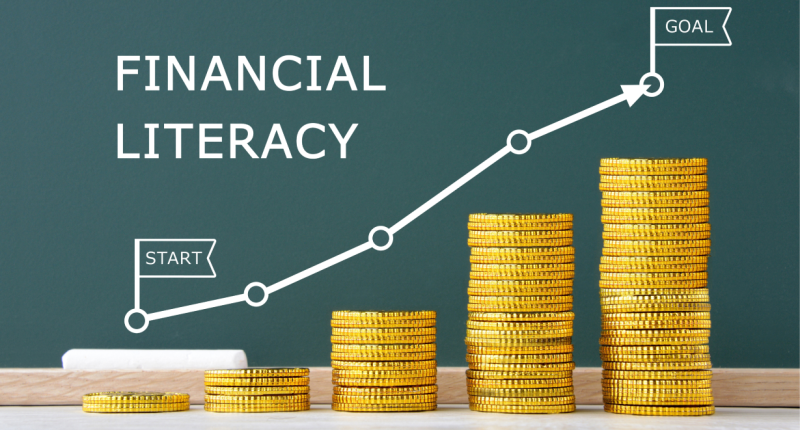Understanding Financial Literacy: Your Key to a Secure Future
In today’s fast-paced and economically uncertain world, financial literacy isn’t just a skill—it’s a necessity. The ability to understand and manage personal finances effectively can make the difference between thriving and surviving. Yet, millions of people around the globe lack basic financial knowledge, leaving them vulnerable to debt, poor spending decisions, and missed opportunities for growth.
What Is Financial Literacy?
Financial literacy refers to the knowledge and ability to make informed and effective decisions about money. It includes understanding budgeting, saving, investing, credit management, and financial planning. Whether you’re a student, a working professional, or nearing retirement, financial literacy plays a critical role at every stage of life.
Why Financial Literacy Matters
1. Prevents Debt Traps
With credit cards, buy-now-pay-later schemes, and loans easily accessible, it’s easy to fall into debt. Financial literacy teaches individuals how to use credit responsibly, avoid high-interest loans, and manage repayments without sacrificing financial stability.
2. Encourages Smart Spending
Knowing where your money goes each month helps you control spending, reduce waste, and prioritize what truly matters.
3. Supports Long-Term Goals
Whether you dream of owning a house, traveling the world, or retiring comfortably, financial literacy helps you plan and work toward these goals with realistic savings and investment strategies.
4. Builds Emergency Resilience
Life is unpredictable. Financial literacy emphasizes the importance of emergency funds, which act as a safety net during job loss, medical emergencies, or unexpected expenses.
5. Promotes Economic Empowerment
A financially literate population is essential for national economic stability. When individuals manage their money wisely, they contribute to a stronger, more resilient economy.








